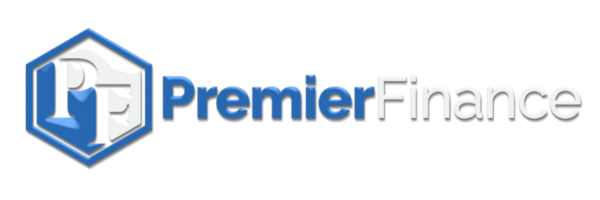Many businesses working with major corporates in South Africa face a common cashflow challenge: projects require substantial upfront investment, yet invoices can only be issued upon project completion. This delay in payment can put immense strain on working capital, affecting the ability to take on new projects, pay suppliers, and manage operational costs effectively. In a recent case, a company required R20 million to continue operations while waiting for payments but needed quick access to funds—making traditional bank financing unfeasible due to time constraints.
That left two viable short-term funding options:
1. Unsecured Business Finance (Up to R10 Million)
Unsecured business loans provide a rapid financing solution, but they require strong current cashflow to qualify. Lenders assess businesses based on up to 12 months of bank statements, evaluating cash payment cycles and disposable income after expenses. When a company has already invested its available working capital into ongoing projects, its bank balance often reflects a depleted state, making it harder to qualify for a significant loan.
In this case, despite the business having an annual turnover exceeding R50 million, its cashflow position limited them to a facility of just R1 million—far short of the required R20 million. This gap left the business struggling to cover project expenses, delaying progress and putting pressure on supplier relationships.
Additionally, unsecured loans typically come with higher interest rates due to the increased risk for lenders. The repayment terms can be rigid, meaning businesses must meet fixed monthly obligations regardless of whether their cashflow aligns with these payments. For companies already under financial pressure, this can further strain resources and create additional challenges.
2. Invoice Finance (Up to R50 Million)
Invoice finance presents a faster and more flexible working capital solution. Unlike unsecured loans, invoice finance allows businesses to unlock capital tied up in unpaid invoices. This means businesses can access funds that are already due to them but delayed due to client payment terms. Approval is based on:
- Payment cycles of the business
- Strength of the clients paying the invoices
- Availability of a debtor’s book for security
In this case, the company had outstanding invoices worth over R30 million, payable within 30 days. By financing just one invoice of R10 million, they could have accessed up to R8 million in immediate working capital—bringing them significantly closer to their funding requirement without straining their balance sheet.
This option provided the business with the liquidity needed to continue operations seamlessly, ensuring that suppliers were paid on time, employees’ salaries were covered, and new projects could commence without unnecessary delays. Unlike traditional loans, invoice finance is a self-liquidating facility, meaning that once the client pays the invoice, the facility is settled, reducing long-term financial obligations.
Why Invoice Finance Over Traditional Loans?
When cash is tight, many business owners instinctively turn to loans. However, loans don’t optimize working capital the way invoice financing does. Bridging finance ensures businesses can maintain strong client relationships and healthy cashflow without taking on additional debt that can burden the company’s finances.
Here are some additional benefits of invoice financing:
- Faster Access to Funds: Traditional loans can take weeks or months for approval, whereas once the facility is approved invoice finance can release funds within hours.
- No Additional Debt: Since the financing is based on receivables, businesses are not increasing their debt burden.
- Scalable Solution: As a company grows and invoices larger amounts, the available financing grows in proportion.
- More Predictable Cashflow: Businesses can plan better, knowing they can access funds tied up in invoices without waiting for client payments.
- Stronger Supplier & Employee Relationships: Consistent cashflow ensures that suppliers and employees are paid on time, fostering trust and stability.
Requirements to Apply for Invoice Finance
To access an invoice finance facility, businesses need:
- CIPC registration documents
- 6 months of bank statements
- Management accounts or audited financials (not older than 3 months)
- A copy of the debtor’s book
Note: Invoice financing is available only to businesses operating in the B2B space.
Final Thoughts
Unlocking capital through invoice finance can transform the way your business manages cashflow. Instead of waiting for payments, you can accelerate growth and keep projects moving. If your business is facing cashflow constraints, invoice financing could be the solution you’ve been missing.
By leveraging this strategic financing tool, businesses can reduce their reliance on traditional loans, minimize financial strain, and take on more projects with confidence. If you’re looking for a working capital solution tailored to your business needs, consider invoice finance as a smarter alternative to traditional lending.

